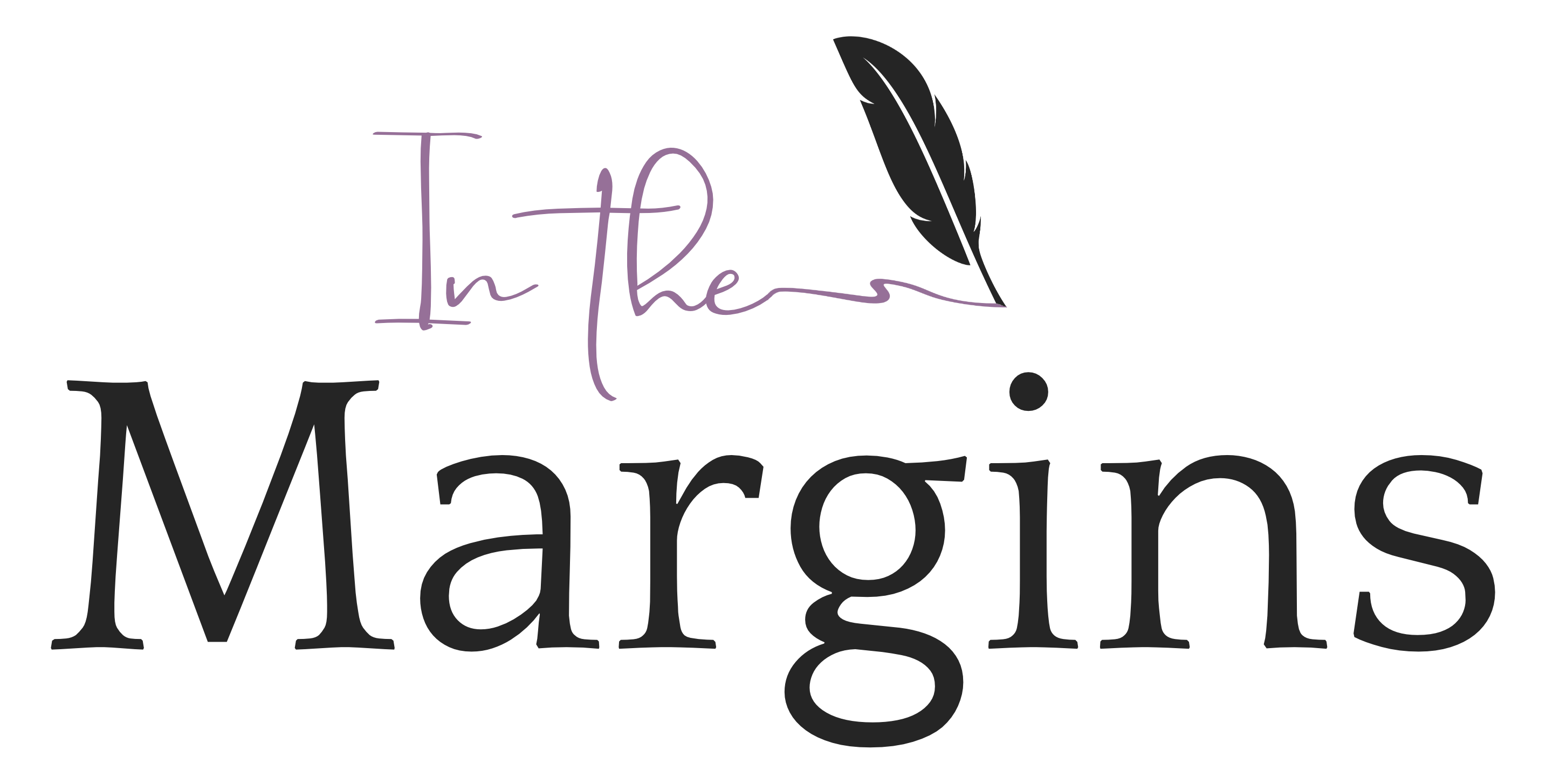There can be a lot of anxiety around having someone else read through your manuscript—especially when that someone is reading it to provide constructive criticism. This is completely normal.
Here are 5 things book editors want you to know:
1) We’re not here to judge or to change your story.
A good editor should approach a project with the intention of helping you improve your voice and your story, not to judge it or make major changes that affect your vision. Our job is to guide you from where you are through your revisions. That’s it.
2) We get nervous, too.
Returning a manuscript to an author can be scary. We know that you’ve hired us for feedback, but we also understand how emotional it can be to receive said feedback—especially if the manuscript was on the rougher side and there’s a lot to say.
3) Editing (especially fiction) is subjective.
And just like how a reader approaches a book or how writers approach their stories, that subjectivity is completely normal! Your editor’s education, professional and personal experiences, story preferences, and communication style can all affect how they approach your story and the delivery of feedback.
With developmental and line editing, for example, feedback can go several ways depending on your editor’s knowledge of the genre, their style, and what they believe is important to the story to make it successful (as a story or on a commercial level).
With copy editing and proofreading, many suggestions will be based on a specific style guide, yes, but you may also get additional insights based on an editor’s experience. (For example, a copy editor who loves to crochet may be able to point out if something is amiss with a scene centered on the craft, while an editor who’s never picked up a hook won’t be able to provide that. This can be true of any number of things.)
4) We have our own processes.
Unless you’re working with an editor through a publisher or an editing house where processes may be standard, you’ll likely find that editors have different ways of working with their clients. As long as an editor is able to provide you what you need on a level you’re comfortable with, that’s great. This is why it’s important to know what to look for when choosing your editor(s).
5) Your editor(s) should be professionally trained.
Your writing buddy may be a good critique partner, but they may not have the skills or insight to provide a proper edit. Knowing how to thoroughly assess a manuscript and deliver feedback requires training and skill. This is true of every editing level.
Ready to get started?
Learn more about me and how I can help you elevate your story.




